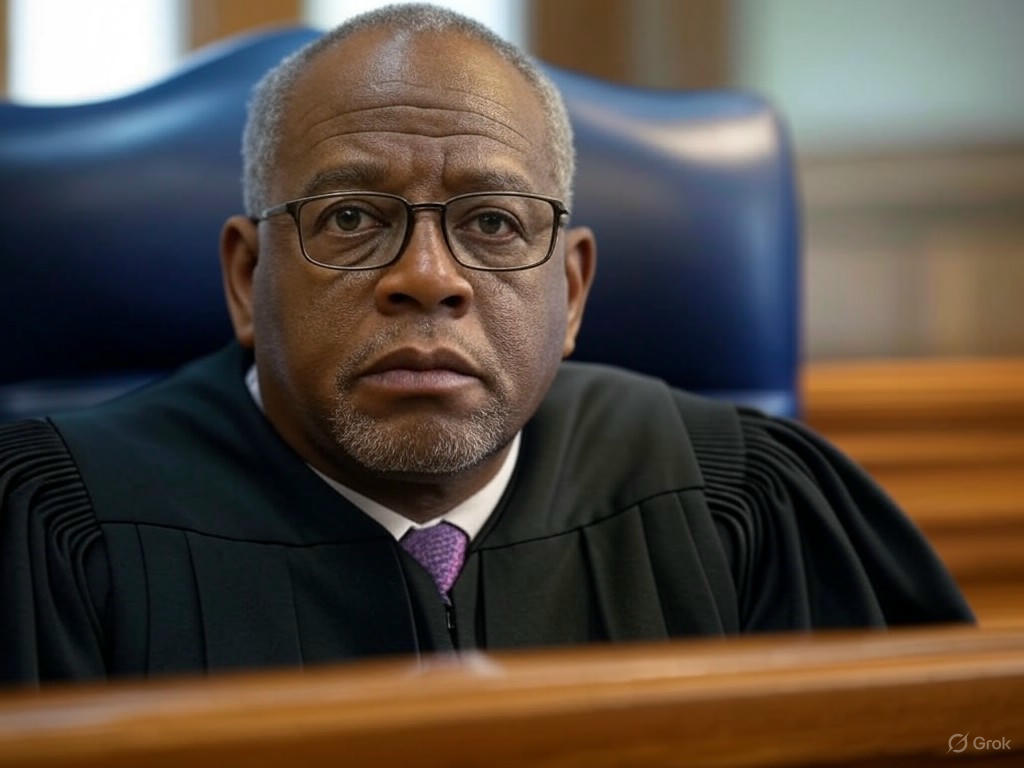A New Era for College Sports: Landmark Settlement Paves the Way for Athlete Compensation
In a groundbreaking decision that promises to reshape the landscape of college sports, a judge has given the green light to a historic settlement, finally addressing the long-standing issue of athlete compensation. For decades, student-athletes have poured their hearts, bodies, and countless hours into their sports, often generating millions in revenue for their universities and governing bodies while receiving little more than scholarships in return. This ruling marks a turning point, acknowledging the fundamental unfairness of a system that has profited immensely from unpaid talent.
The settlement, which comes after years of legal battles and public outcry, dismantles the outdated notion that college athletes should remain amateurs in the purest sense, barred from earning money for their contributions. Under the new framework, athletes will now have the opportunity to be compensated for their efforts, whether through direct payments, endorsements, or other revenue-sharing models. This shift not only recognizes their value but also aligns college sports with the realities of a multi-billion-dollar industry where coaches, administrators, and organizations have long reaped financial rewards.
Advocates for the change argue that this is a matter of basic fairness. College athletes, many of whom come from underprivileged backgrounds, often struggle to make ends meet while balancing grueling schedules of training, competition, and academics. Meanwhile, their performances fill stadiums, drive television ratings, and fuel lucrative sponsorship deals. The settlement is seen as a step toward equity, ensuring that those who are the backbone of this industry are no longer left empty-handed. Critics, however, express concerns about the potential consequences, such as the widening gap between wealthier programs and smaller schools or the risk of undermining the educational mission of college sports. Yet, even skeptics acknowledge that the old system was unsustainable in an era where the disparity between revenue and athlete compensation became impossible to ignore.
Looking ahead, this landmark decision opens the door to a host of new possibilities and challenges. Universities and governing bodies will need to navigate uncharted territory as they develop policies to implement fair compensation without disrupting the competitive balance of college sports. Athletes, on the other hand, will gain newfound agency over their careers, potentially transforming how they approach their time on campus. Beyond the financial implications, this ruling sends a powerful message about the value of labor and the importance of adapting to changing societal norms.
As the dust settles on this monumental shift, one thing is clear: college sports will never be the same. The era of denying athletes their due is over, replaced by a future where their contributions are recognized and rewarded. While the road ahead may be complex, this decision stands as a victory for fairness, setting a precedent that could influence other industries grappling with similar inequities. For now, student-athletes across the nation can celebrate a long-overdue acknowledgment of their worth.


